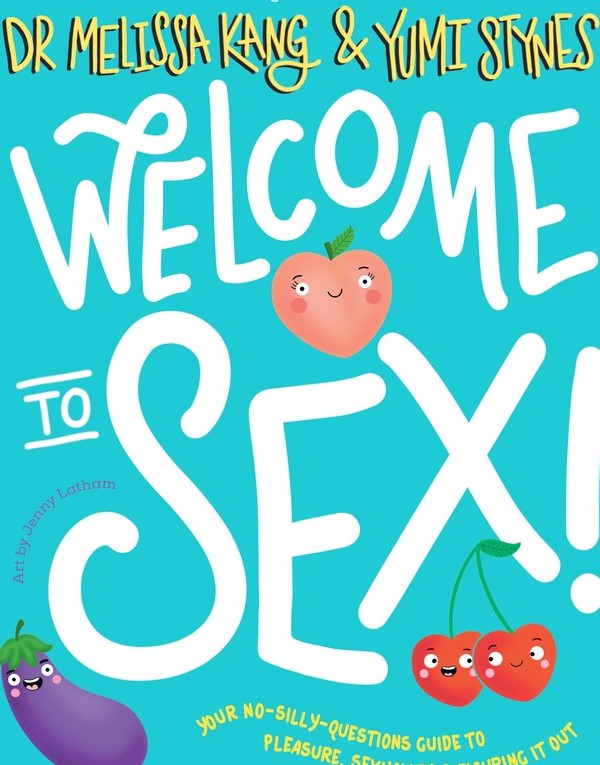Welcome To Free Speech
A non-illustrated guide to where conservatives continually fall short on a key pillar of liberty…
Libertarians and conservatives might be friends on certain issues, often shoved into the same corner by the ‘progressive’ left, but it’s time we libertarians took a hard stance on free speech.
James Hol’s recent commentary regarding the proposed ‘misinformation’ bill reflected an attitude towards freedom of speech and expression that is generally shared across the entirety of the centre-right.
However, conservatives are not yet ready to defend the speech and expression of those they don’t agree with. Purporting to pick and choose who has access to free expression is a dark pathway to liberty.
Free speech is very easy to defend when you agree with the speech that is being censored – the true test of principle is to defend all speech, regardless of your personal view on what is being expressed. Yet apparently Yumi Stynes’ ‘graphic’ book titled Welcome to Sex should be ‘wrapped in black plastic’ and sold in a restricted manner akin to a pornographic magazine according to the self-confessed ‘conservative patriot’ Senator Ralph Babet.
Comments from Stynes that she would be ‘comfortable’ with an 8 year-old child reading the book, and its availability in major retailer chains, have sparked community outrage at the supposed accessibility of such material to children. Yet what does it say about the rights of parents if conservative commentators feel entitled to decide what is suitable for other people’s children? It raises questions on our perceptions of the role of parents too – is it their job to manage what their child has access to, or is that the job of government and society at large?
You have to wonder at what point any more restrictive approach by government towards curating children’s material could be weaponized against conservatives. This of course is the fundamental weakness in the conservative take on this issue: the lack of foresight as to how restricting the speech and expression of one group weakens it for us all in the end. Furthermore, all the attention and furore over the content of the book led to it becoming a bestseller.

It’s not the first time so-called ‘freedom friendly’ MPs have actually sought to curb the rights of those they disagree with. In February, Liberal Senator Alex Antic introduced a private member’s bill that sought to impose harsh criminal penalties on ‘incitement to trespass, cause property damage or traffic disruption’ (paraphrased). This was clearly an attack on extinction rebellion type traffic protests and the activities of animal rights protesters at slaughterhouses.
Yet it doesn’t take much imagination to see how the same laws could easily have been imposed on leaders of protests against vaccine mandates. This bill was yet another reactionary, populist thought bubble that demonstrates the folly of conservatism as a philosophical vehicle to protect individual rights and reduce the size of government.
As seen by the impact of boycotts and negative PR directed at companies such as Anheuser-Busch, Gillette, Target and Big W, it is much more effective to fight bad ideas and bad speech with consumer action as opposed to legislative action. It is also fundamentally moral – the market will ultimately determine the social licence companies have to comment on social or political issues by rewarding or punishing them via consumers.
Good ideas don’t require force, and bad ideas don’t require banning. As libertarians we must fight both progressives and conservatives who seek to censor or ban speech they dislike.
They will invoke the innocence of children, the plight of minority groups or the collective ‘harm’ caused by disinformation, but history tells us that those doing the censoring are never the good guys.
The only role politicians have with regards to free speech is to protect it, and the best way to protect free speech is to amend the Australian constitution, enshrining the right to freedom of speech, religion and assembly.








